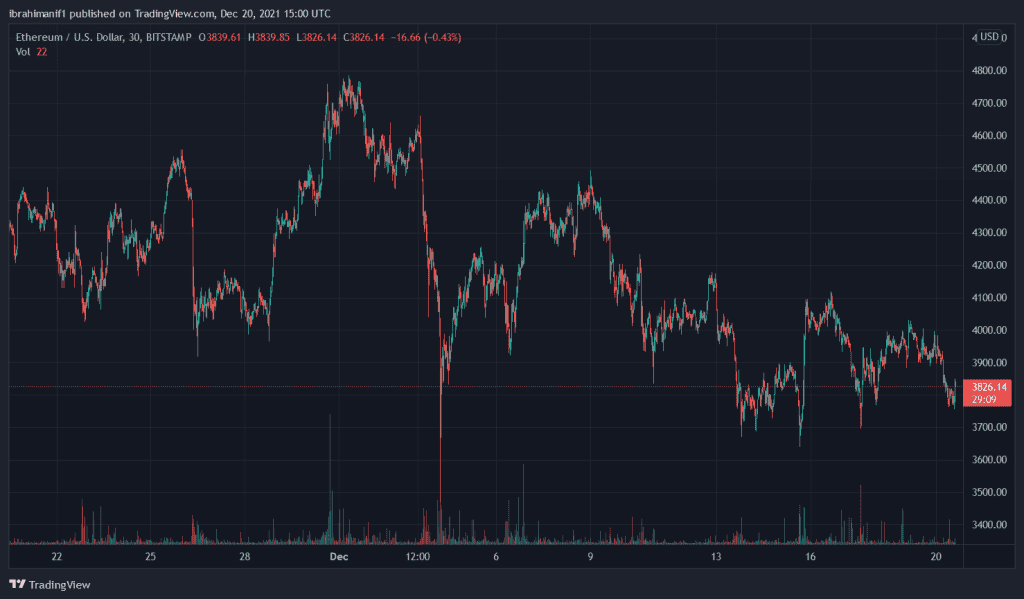
Despite the government’s restriction on bitcoin and an imminent ban on the metaverse, Chinese internet company Baidu announced on Monday that it has filed its metaverse trademark.
Baidu And The Metaverse Of Xi’rang
According to the most recent trade registration statistics, Chinese enterprises are hurrying to register trademarks related to the metaverse, or Yuanyuzhou in Chinese, despite Beijing’s cautions about the risks associated with the novel concept.
Baidu, China’s largest internet corporation, said earlier today that it has registered its metaverse trademark. Baidu also showed out a preview of its Xi’rang Metaverse environment.
According to the Securities Daily, which cited statistics from company and trademark registration tracking agency Tianyancha, more than 1,360 Chinese companies, mostly technology firms, have registered to register metaverse-related trademarks as of Sunday, up from only 130 entities three months ago.
Apart from Baidu, other well-known businesses in the Chinese internet industry have also applied to register their metaverse trademarks. According to a tweet from Chinese source 8BTC, big brands like NetEase Global, Alibaba, TENCENT, and Bytedance – TikTok’s parent firm – have applied for metaverse trademarks.
Securities Daily noted that the majority of trademark applications are currently “pending” or undergoing “substantive examination.”
While metaverse is quickly becoming the new internet craze, the Chinese government is currently considering expanding its crypto prohibition to include metaverse. Last Monday, the Chinese official media issued a warning against metaverse and cloud mining frauds, citing the widespread misuse of Metaverse words by con artists.
Chinese Companies Are Hustling The Metaverse
According to a Grayscale research report released last month, the number of Metaverse users increased by 10X in just one and a half years. Furthermore, the survey anticipated that if the metaverse kept growing at this rate, it will become a trillion-dollar sector by next year. Furthermore, according to Grayscale’s analysis, Metaverse has the potential to become a crucial component of Web 3.0, similar to how Facebook played a role in Web 2.0.
The metaverse, which many see as the next iteration of the internet, offers a lifelike, immersive virtual world where people can meet, work, and play. Cryptocurrency is used to make transactions and purchases of virtual products in the metaverse, which are backed by non-fungible tokens (NFTs) or other digital assets.
Despite the fact that Chinese companies are rushing to adopt the concept, the Chinese government has maintained a cautious stance, as stated in state-run media commentators.
People’s Daily issued a new warning about the metaverse on December 9, claiming that “virtual property” sales posed dangers of volatility, fraud, illicit fundraising, and money laundering.
Last week, telecommunications giant Huawei Technologies Co and Hisense, China’s largest television manufacturer, joined the metaverse bandwagon.
Huawei filed a trademark application for Meta OS, and Hisense filed trademark applications for multiple metaverse trademarks in industries such as advertising sales, social services, and scientific instruments.